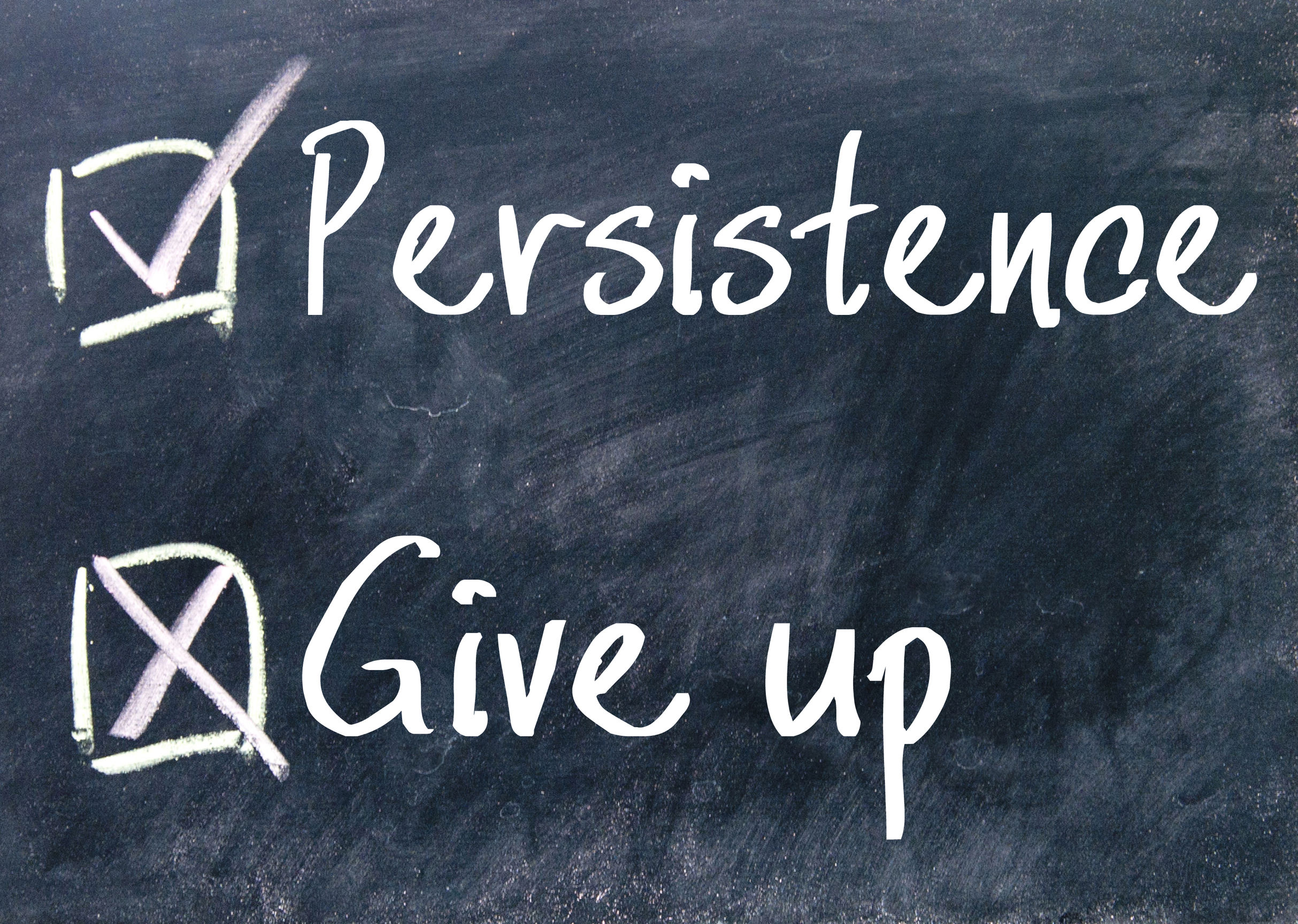
A short interview with Mr. Tom Jensen, the Manager of Digital Content at FOXSports.com.
Brief Bio: Tom is the Manager of Digital Content at FOXSports.com and has more than two decades of experience as a working journalist, having won numerous national and local awards. Prior to being the Manager of Digital Content at FOXSports, he was the NASCAR Editor at SPEED. Tom is a highly skilled writer, editor, manager and photographer. He is also the author of two books and is the top editor of multiple publications in print and on the Internet. Tom’s specialties include editing, writing, organizational management, newsroom team building, photography and social media. Tom has a wealth of experience to offer that anyone interested in motorsports journalism should most certainly implement.
Mike: Can you discuss the advantages of the education and personal characteristics that you think have helped you?
Tom: My success stemmed primarily from the fact that I was willing to start at the absolute bottom of the journalism ladder. And that’s what new candidates have to do. Once you have your foot in the door, you have to quickly demonstrate you have the tools to succeed – a strong work ethic, high personal integrity and the ability to write and report.
Mike: Do you have any suggestions for newer motorsport s job candidates regarding a strategy to attain a good position within motorsports journalism?
Tom: If you want to attain a good position, you better be willing to start in an awful one with little in the way of pay and benefits. No matter how good you are, you aren’t going to start at the New York Times. Once you get your first job, immediately begin working towards the next one. Do great work at a small website or newspaper and create a body of work that will get you noticed when you apply for the next job.
Mike: What have been some of your biggest challenges as a journalism professional and how did you overcome them?
Tom: The biggest challenge is finding a job. NEVER just mail a resume in response to a help-wanted ad. I’ve made it a point to get in front of editors when there isn’t a job opening – to introduce myself over a cup of coffee or a lunch and explain to the editor why I want to work for him or her. That way, when a job opens in three weeks or three months, the editor knows you and might reach out to you before posting an ad.
If you do get to have a cup of coffee with an editor, make sure you are prepared. Bring the best examples of your work, attractively presented. Be enthusiastic and positive. Dress nicely. Have references available.. Most of all, try to learn as much as you can about the editor and the publication. That shows you’ve done your homework.
During the meeting, ask a lot of questions. People like to talk about themselves. It’s human nature. Ask the editor how he/she got started in the business. Ask what they’re looking for in an ideal applicant and be prepared to tell them why you’d be a great fit. Ask what advice they have for someone like you, an eager newcomer. Even if nothing happens, follow up the interview with a hand-written thank-you note. And then once every month or two, send a e-mail to remind the editor you’re still interested.
One of the most important things to remember – but something no one ever does – is that you probably aren’t going to get a job today, but you might if something opens up down the road. You want to set yourself up to be the applicant who gets the job whenever it comes available, whether it’s in a week or a year.
In terms of getting a job, HR departments are a dead end. They aren’t there to hire people; they are there to weed out 90 percent of the applicants, so the person doing the hiring only has to deal with 10 percent. Get your face in front of the person who can say “yes” to hiring you, not the person who can only say “no.”
Mike: What is the #1 trait or characteristic that you think will contribute to a student’s future motorsports journalism career success?
Tom: Hard work and integrity are every bit as important as they always have been in any job. Success also requires a willingness to learn and to continually strive to improve. In the NASCAR garage, you make your reputation via work habits, accuracy and integrity. People notice the work you do, good or bad.



